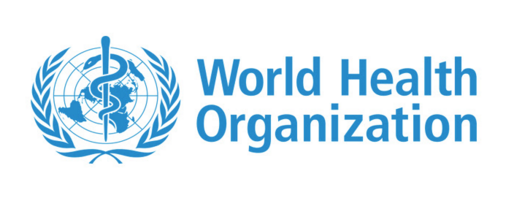WHO Director−General’s opening remarks at the media briefing on COVID−19 − 24 August 2020

Good morning, good afternoon and good evening.
Last week, I sent a letter to all Member States requesting them to join the vaccine arm of the Act-Accelerator.
I am pleased to announce that as of today 172 countries are now engaging with the COVAX Global Vaccines Facility, which has both the largest and most diverse COVID-19 vaccine portfolio in the world.
At present there are nine vaccines that are part of this dynamic portfolio; which is constantly being reviewed and optimised to ensure access to the best possible range of products.
Even now, discussions are ongoing with four more producers.
And a further nine vaccines are currently under evaluation for the longer term.
The Facility is the critical mechanism for joint procurement and pooling risk across multiple vaccines so that whatever vaccine is proven to be safe and effective – all countries within the Facility will be able to access them.
Most importantly, it is the mechanism to enable a globally coordinated rollout.
This is in the interests of all countries, even those that have invested with individual manufacturers independently.
We’re working with vaccine manufacturers to provide all countries that join the effort timely and equitable access to all vaccines, licensed and approved.
This doesn’t just pool risk, it also means that prices will be kept as low as possible.
New research outlines that global competition for vaccine doses could lead to prices spiking exponentially in comparison to a collaborative effort such as the COVAX Facility.
It would also lead to a prolonged pandemic as only a small number of countries would get most of the supply.
Vaccine nationalism only helps the virus.
The world has so far invested 12 trillion dollars in keeping economies moving.
Investing in the COVAX Facility is the fastest way to end this pandemic and ensure a sustainable economic recovery.
Through the allocation framework, COVAX will ensure that low-, middle- and high-income countries all receive the vaccine in a timely way as soon as there is supply of a safe and effective vaccine.
The success of the COVAX Facility hinges not only on countries signing up to it, but also filling key funding gaps for both the research and development work and to support lower-income economies within the facility.
Our only way out of this pandemic is together.
Initially, when there will be limited supply, it’s important to provide the vaccine to those at highest risk around the world.
This includes health workers, as they are on the frontlines in this pandemic and critical to saving lives and stabilising the overall health system.
It also includes people over 65 years old and those with certain diseases that put them at higher risk of dying from COVID-19.
As supply increases, the next stage of the vaccine rollout would be expanded based on an assessment of each country’s vulnerability to the virus.
A number of vaccines are now in the final stage of clinical trials and we all hope we will have multiple successful candidates that are both safe and effective.
In order to be able to secure enough doses to rollout the vaccines, the next step for the partnership is for countries to make binding commitments in support of the COVAX Facility.
While we’re grateful for the funds already committed towards the COVAX Facility, more is urgently needed to continue to move the portfolio forward.
The goal of the mechanism is to deliver at least two billion doses of safe, effective vaccines by the end of 2021.
As governments invest trillions into economic stimulus, the COVAX Facility offers a huge return on investment.
There is light at the end of tunnel and as I said last week, together we can do it.
While investing collectively in research and development on vaccines, we need to also use the tools at hand that we have now to suppress this virus.
As governments hone their track and trace systems to test, isolate and care for patients, and trace and quarantine their contacts, everyone can play their part.
If we all physically distance, clean our hands regularly, wear masks, and keep informed, we can collectively break the chains of transmission.
Do it all.
Do it all, now.
===
Communicating challenges and solutions has and will continue to be key to ending this pandemic.
More than 4 million people have enrolled in our training courses through the OpenWHO.org online learning platform.
WHO is partnering with the Word Federation of Science Journalists to accurately communicate the intricate science as it evolves.
Through our regional offices, WHO has organized webinars in multiple languages for journalists to counter misinformation.
And a massive open online course for journalists covering the pandemic was created through a partnership between WHO, UNESCO and the Knight Center for Journalism at the University of Texas-Austin.
More than 9000 journalists from 162 countries enrolled.
This online training was delivered in English, French, Portuguese, and Spanish and will soon be available in Arabic, Chinese, Russian and Hindi.
More information about these online courses is available on our website.
We are learning new things about this virus every day and journalists are critical to helping us communicate that information to the public in a way that saves lives.
We will continue to promote science, solutions and solidarity because we believe to our core that we do it best, when we do it together.
I thank you.





